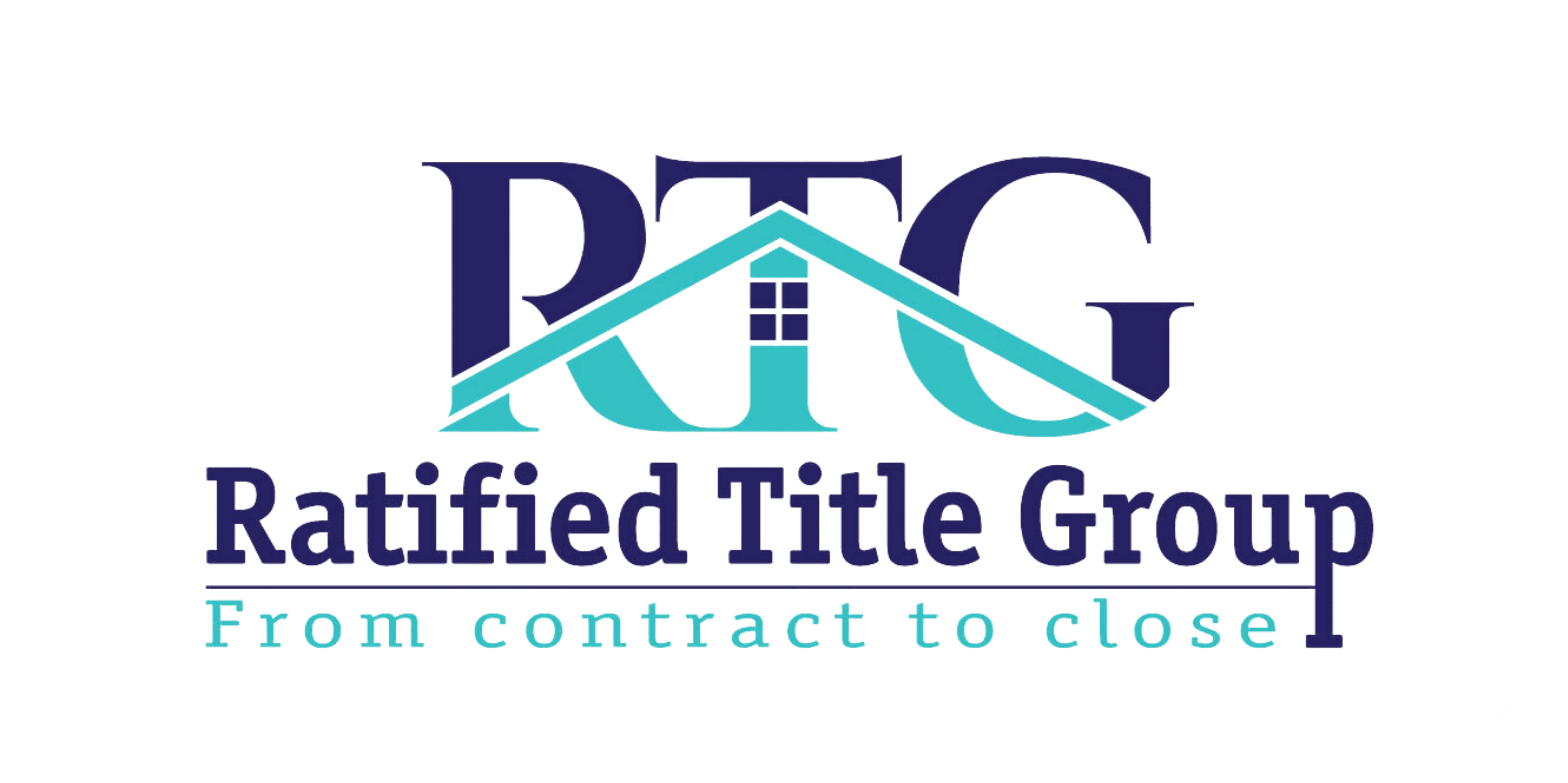Navigating the world of real estate can be complex, and understanding the role of a settlement company is crucial for anyone involved in buying or selling property. This guide will break down the essential functions and responsibilities of these companies in a straightforward and approachable manner.
Understanding Settlement Companies
A settlement company is a specialized business that assists in the final steps of a real estate transaction. They provide a critical service for buyers and sellers alike. Without them, navigating the legal complexities of transferring property ownership would be immensely challenging.
Typically, settlement companies act as neutral third parties. This means they do not represent either the buyer or the seller; instead, they ensure fairness by handling all logistics related to the transfer of property. Their neutrality is a key aspect that helps build trust during the transaction process.
Most people don’t realize just how much goes into a real estate settlement. From managing funds to preparing vital documents, these companies take on many responsibilities that can alleviate stress for both buyers and sellers. By understanding their functions, you can see why they are indispensable in real estate.
Key Responsibilities of a Settlement Company
One of the primary responsibilities of a settlement company is to conduct research and due diligence. This includes confirming the property’s title is clear of liens or claims. Ensuring a clean title is crucial because it lays the groundwork for a successful transfer of ownership.
In addition to title research, settlement companies prepare essential documents, such as closing statements and deeds. After all, legal paperwork can be dense and overwhelming. By handling this aspect, they help ensure that all necessary forms are completed accurately and in compliance with local laws.
Financial management is yet another key responsibility. The settlement company collects, holds, and disburses funds during the closing process. They secure earnest money, down payments, and any other necessary fees before finalizing the transaction, ensuring that all financial obligations are met.
Their duties extend to coordinating between various parties involved: buyers, sellers, agents, and lenders. By orchestrating communication and facilitating discussions, settlement companies help to minimize misunderstandings and keep the transaction on track.
The Settlement Process Explained
The settlement process, often referred to as closing, typically begins with a title search. This step is crucial as it reveals any potential issues with the property’s title. Once everything is confirmed clear, the settlement company will prepare all necessary documents for signing.
Once the paperwork is ready, the settlement company will schedule a closing meeting. This is where all parties come together to sign documents. It’s an important meeting, as it is the formal transfer of property ownership. The settlement company facilitates this meeting, guiding everyone through each document.
After the paperwork is signed, the settlement company performs the final step: recording the deed with the local government. This step ensures that the ownership change is made official. Following this, they also distribute the funds collected during the process—prompt payout to sellers and agents alike.
It’s worth noting that settlement processes may vary by region or state, but the core elements remain the same. This uniformity underscores the importance of understanding what to expect when working with a settlement company.
Benefits of Using a Settlement Company
Employing a settlement company offers several significant benefits. For starters, they bring expertise and experience to the table, providing peace of mind during a sometimes stressful process. Their familiarity with local laws and regulations is invaluable.
A settlement company also helps streamline the closing process. By managing various tasks and ensuring communication among all parties, they reduce the likelihood of delays or miscommunications. This efficiency can make a remarkable difference in transaction timelines.
Moreover, using a settlement company protects buyers and sellers from potential pitfalls. They provide a layer of security by checking for any discrepancies in paperwork, financial calculations, or title issues. Their thoroughness can ultimately save affected parties time and resources in avoiding legal disputes.
Lastly, the convenience factor cannot be overstated. By taking care of the heavy lifting in transactions, settlement companies allow clients to focus on moving forward. They can step back and plan their next family adventures, confident that the transaction is in capable hands.
Summary of the Settlement Company’s Role
A settlement company plays a vital role in the real estate process, ensuring that all legal and financial aspects of the transaction are handled smoothly. By facilitating communication between parties and overseeing important tasks, they help pave the way for successful property transfers.



